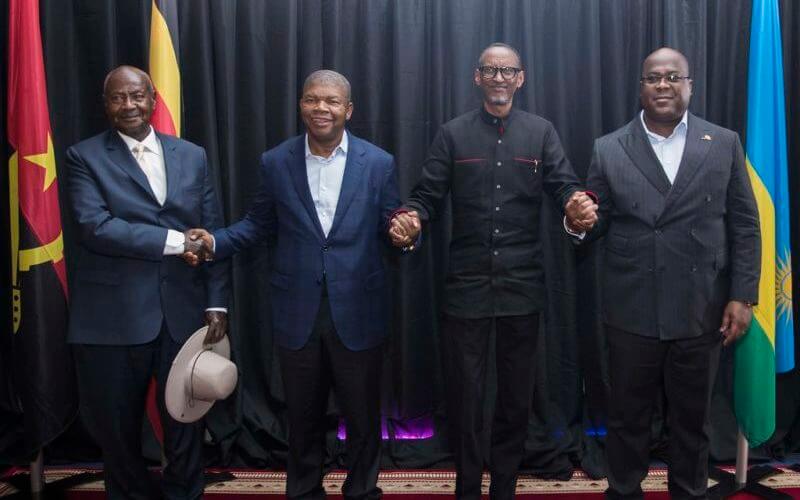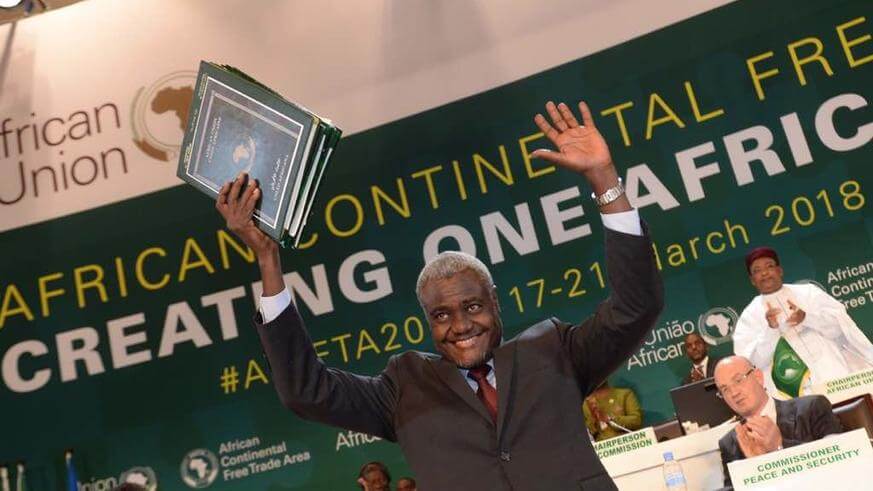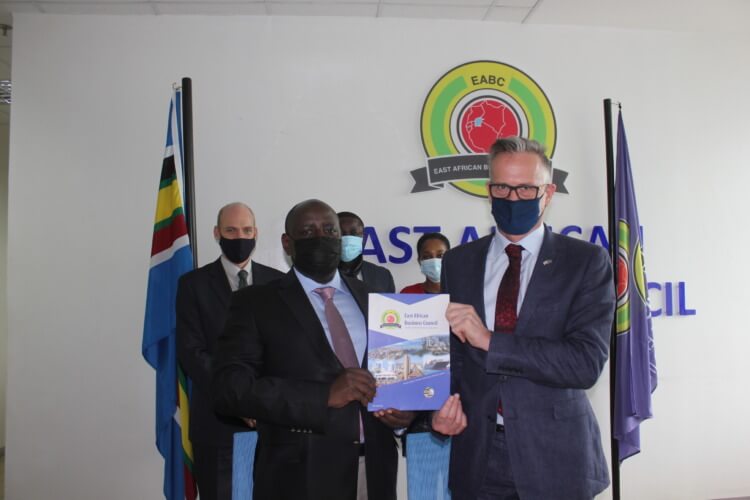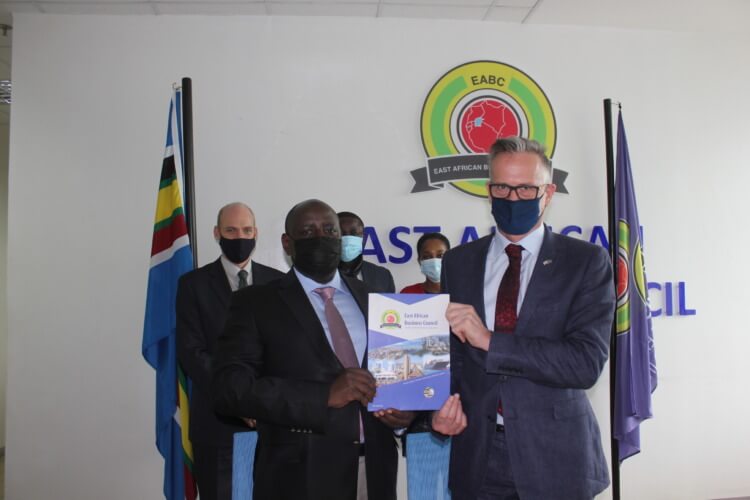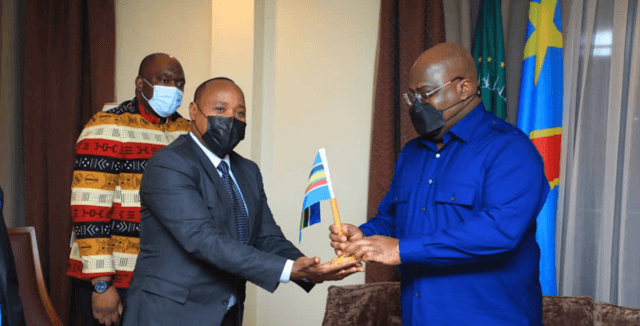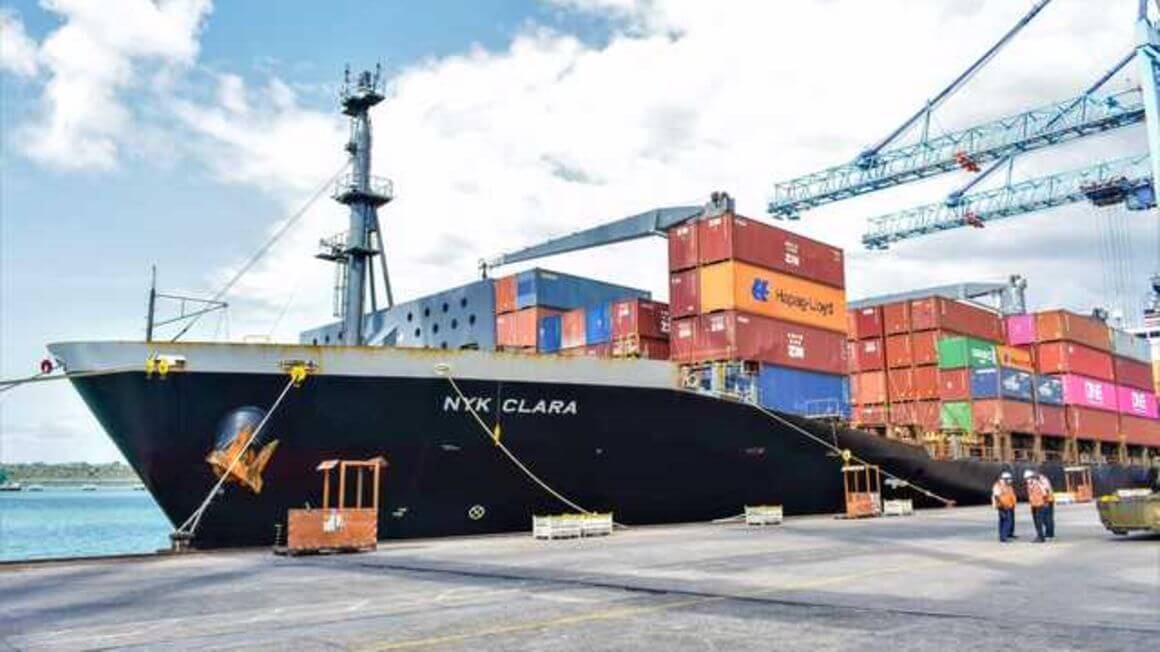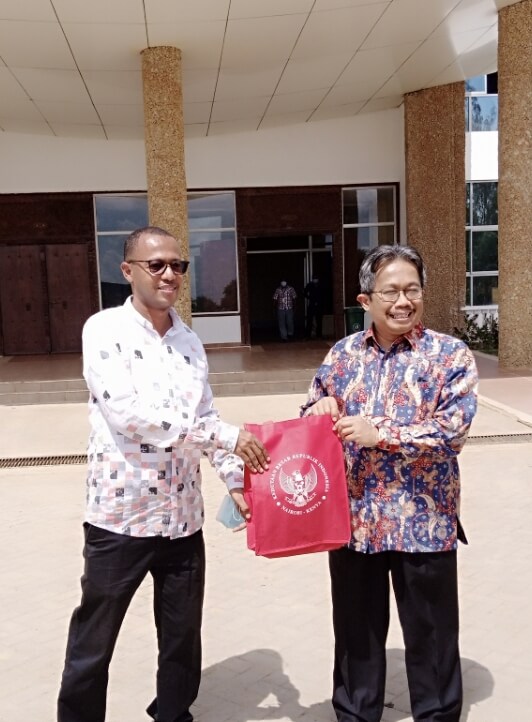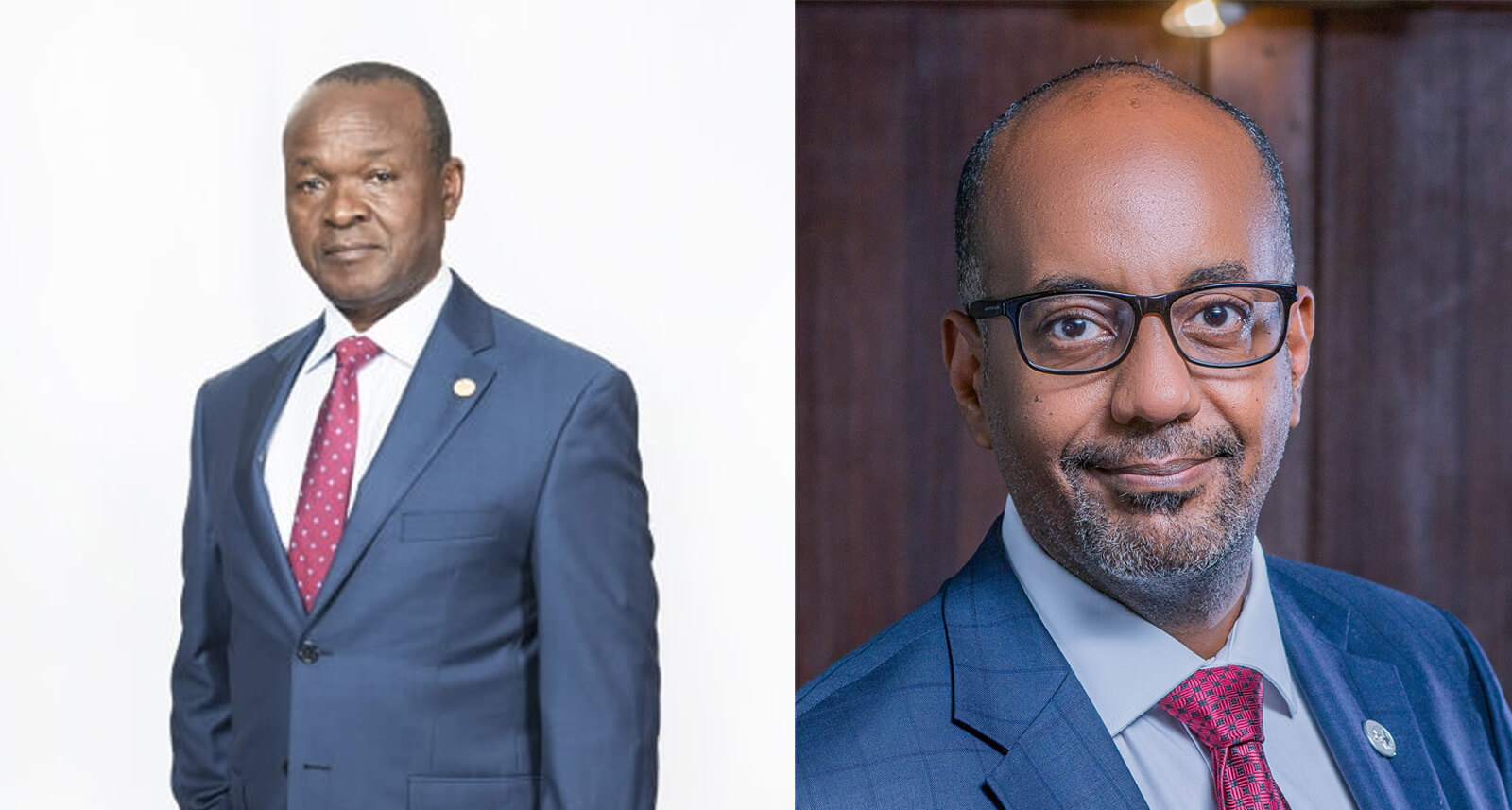The IOTA Foundation has partnered with a Kenyan firm to enable paperless trade in the region and after a successful pilot, the initiative is expanding to various other trade lanes. Through the partnership, the Foundation is eliminating the cumbersome paper-based processes that plague trade and migrating all the necessary data to the IOTA Tangle. The IOTA Foundation has announced the successful completion of the first phase of its partnership with an East African firm to enable paperless trade in the region. The Foundation joined hands with Trademark East Africa in the project, which sought to replace the cumbersome and costly paper-based processes in the region’s supply chain. It replaced this system with an efficient digital system based on the Tangle, IOTA’s ledger data structure. The Foundation partnered with the Nairobi, Kenya-based firm to create an interconnectivity technology infrastructure for East African entities to “communicate in a transparent, secure, and instantaneous manner, both amongst themselves as well as with international partners.” Trademark East Africa (TMA) is a not-for-profit agency that’s been working to foster the growth of trade in the region. As per its estimates, an African entrepreneur has to fill an average of 96 paper documents for a single transaction. For exporters, the process is even worse. Since they have to share the documents manually, sometimes they lose them and it leads to delays, which are almost always costly. The IOTA Foundation, together with TMA, is seeking to change this. IOTA – Transforming trade, changing lives Their first initiative was the...
IOTA Foundation partners Kenyan firm to bring paperless trade to East Africa
Posted on: July 7, 2021
Posted on: July 7, 2021



